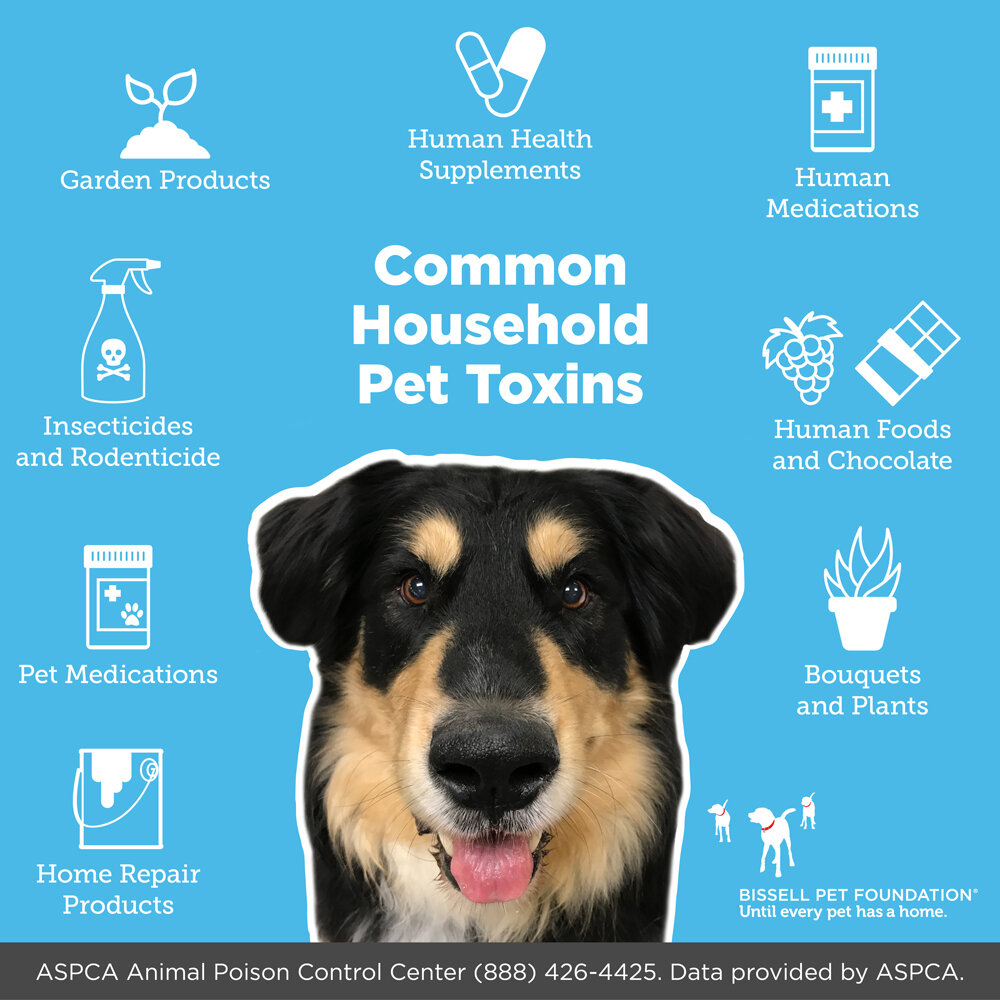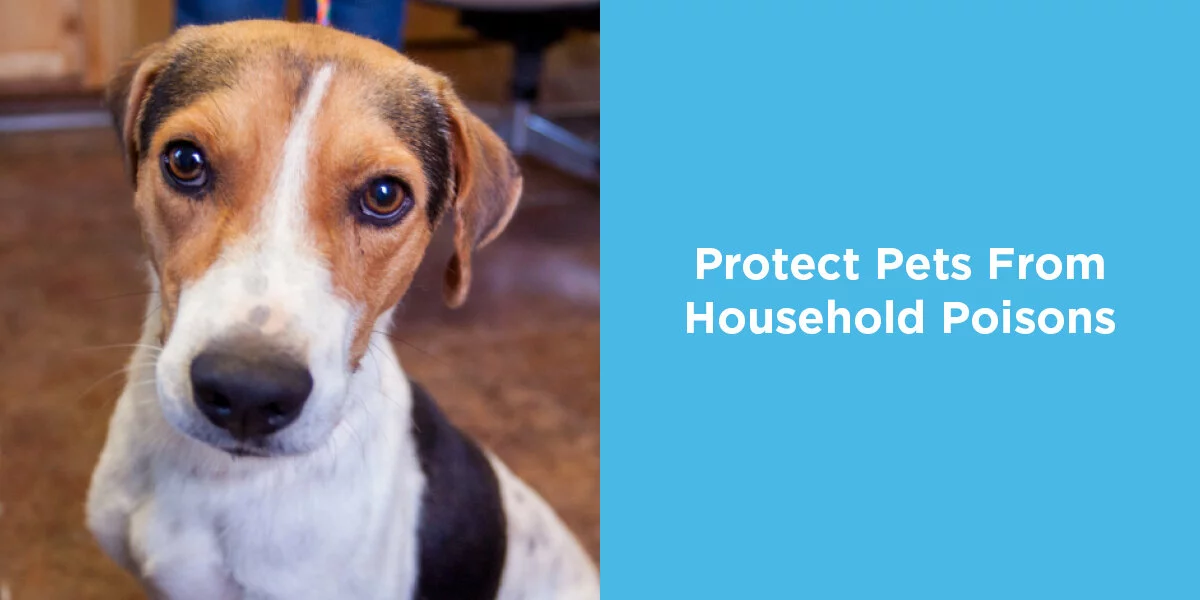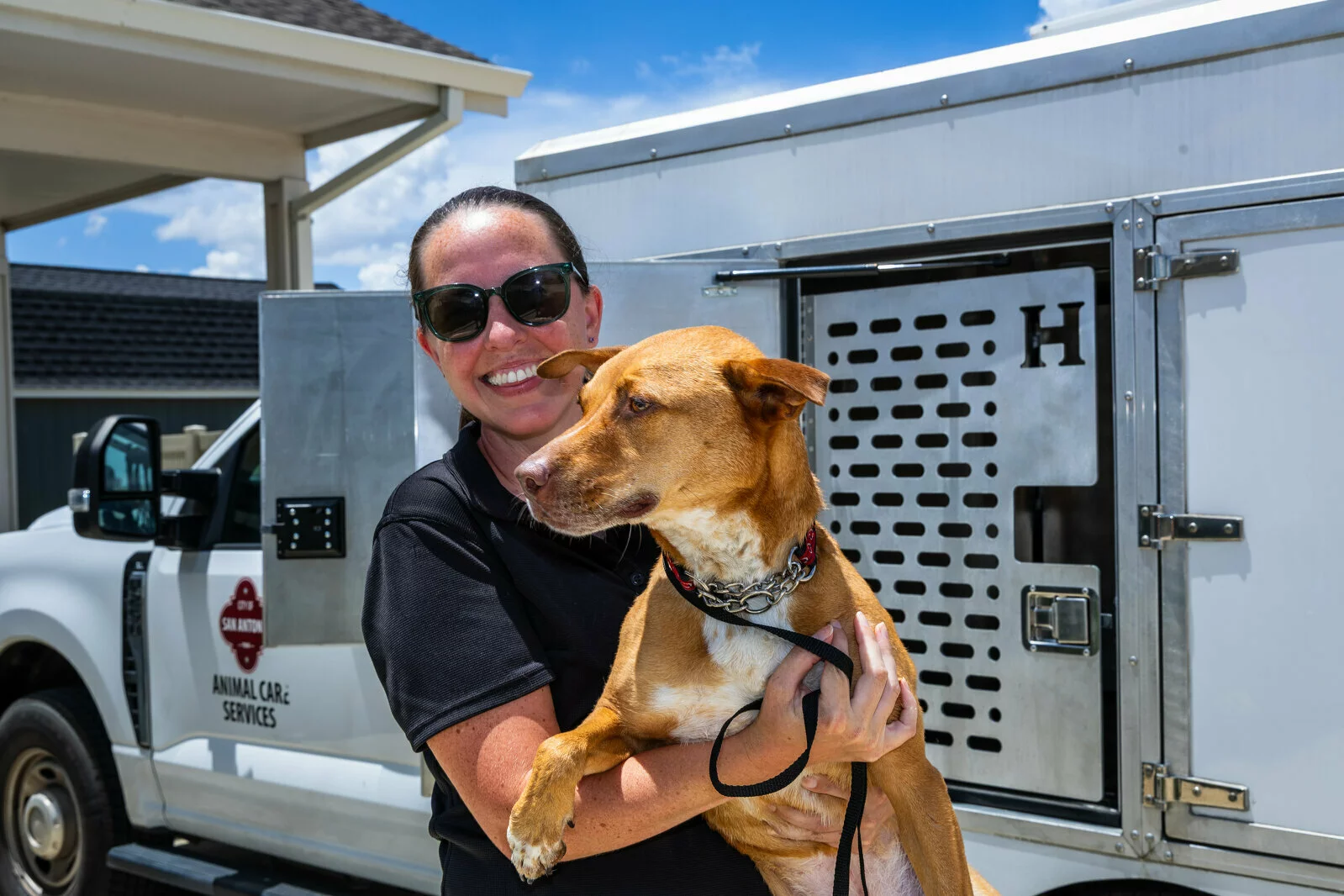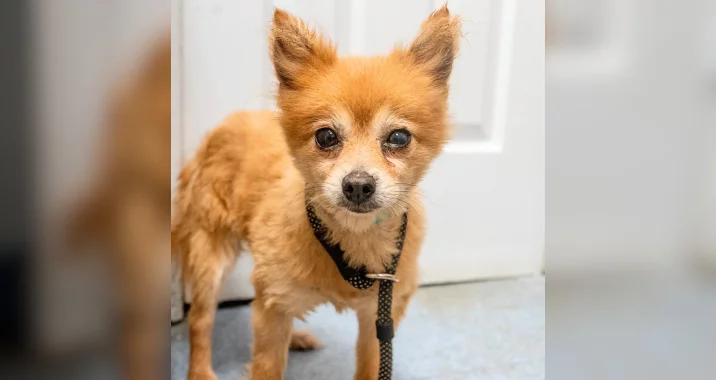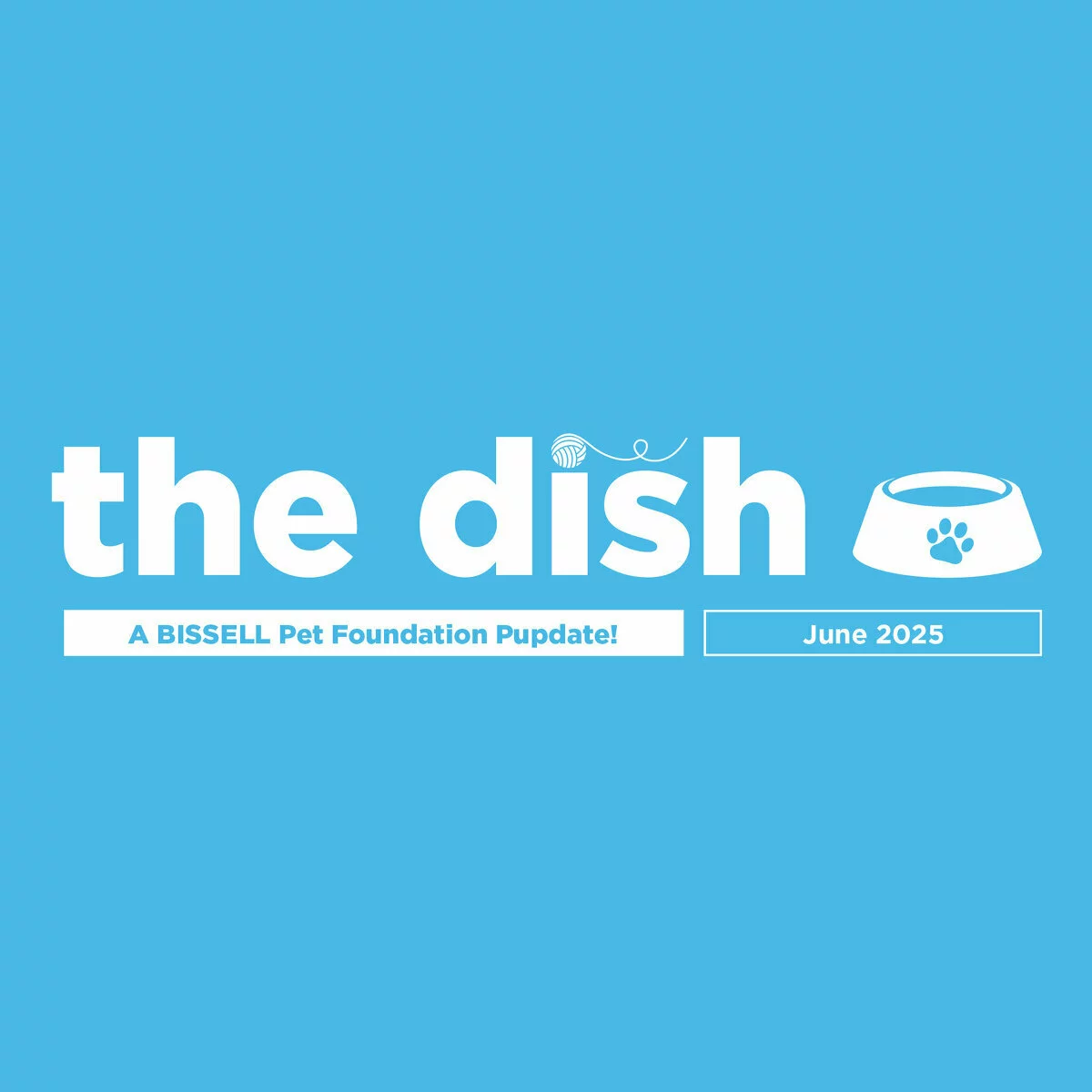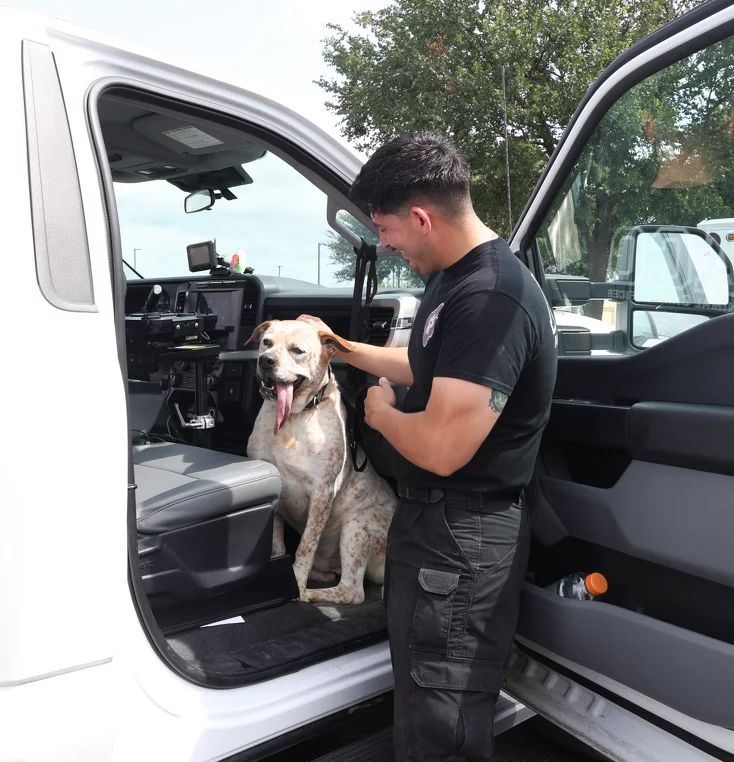Protect Your Pets From Household Poisons
When it comes to keeping your pets safe in your home, there’s a lot more to worry about than keeping chocolate out of reach. In observance of National Pet Poison Prevention Month in March, we are raising awareness for the top common hazardous substances for pets in your household. Because we know how easily spills, counter surfing and curiosity are in pet households, and it’s critical to know what can harm your pets.
Thanks to our friends at the ASPCA, here’s a list of the top common household toxins:
1. Over-the-counter and prescription medications
Ibuprofen, acetaminophen, joint rubs and herbal supplements are the most common toxic items ingested by pets. Often these products are found in purses, backpacks and cabinets that may be easily accessible to your pets. Prescriptions should be kept safely out of reach from our furry friends. Do not trust a childproof lid!
2. Food
Just because you can eat it doesn’t mean your pets can! Food with Xylitol (such as peanut butter and gum), grapes, raisins, onions, garlic and protein bars make up some of the most common pet poisoning cases. Chocolate remains a very common household toxicant. Dogs especially love chocolate and may consume enough to cause serious issues.
3. Veterinary products
All too often, pet medications and products are made tasty to entice your pets for easier administration. However, your pet may get into chewable medications and eat the entire container. Be sure to treat these products like human prescriptions and keep them out of reach from your pets.
4. Household items
Your home improvement projects could pose a risk to your pets. Toxins such as paint, adhesive, spackle and much more should always be kept safely stored away from your pets. When working with these products, you may also want to create a barrier to ensure your pets can’t get to them when your back is turned.
5. Rodenticide
What’s toxic to mice and rats is also harmful to your pets. These poisonous baits can cause bleeding, kidney failure, seizures, or death. So make sure that your rodent-removal products are safe for the pets in your household.
6. Plants
Your beloved house plants and floral arrangements could put your pet at risk. Some of the most severe pet poisoning cases are cats exposed to lilies. Be sure to check if the plants in your home are pet safe.
7. Insecticide
Keeping your home free from insects shouldn’t put your pets at risk. Fortunately, there are safer product alternatives that are pet friendly.
8. Garden products
Many pets cannot resist garden products such as fertilizer. When working in your garden or taking care of your lawn, ensure that your pets are kept away from herbicides and soil enhancements.
Please help us spread the word about common household toxins by sharing the graphic below on your social media! Download it here.
